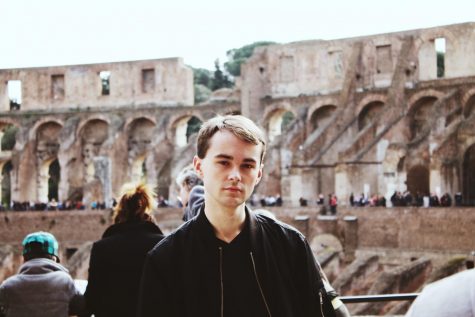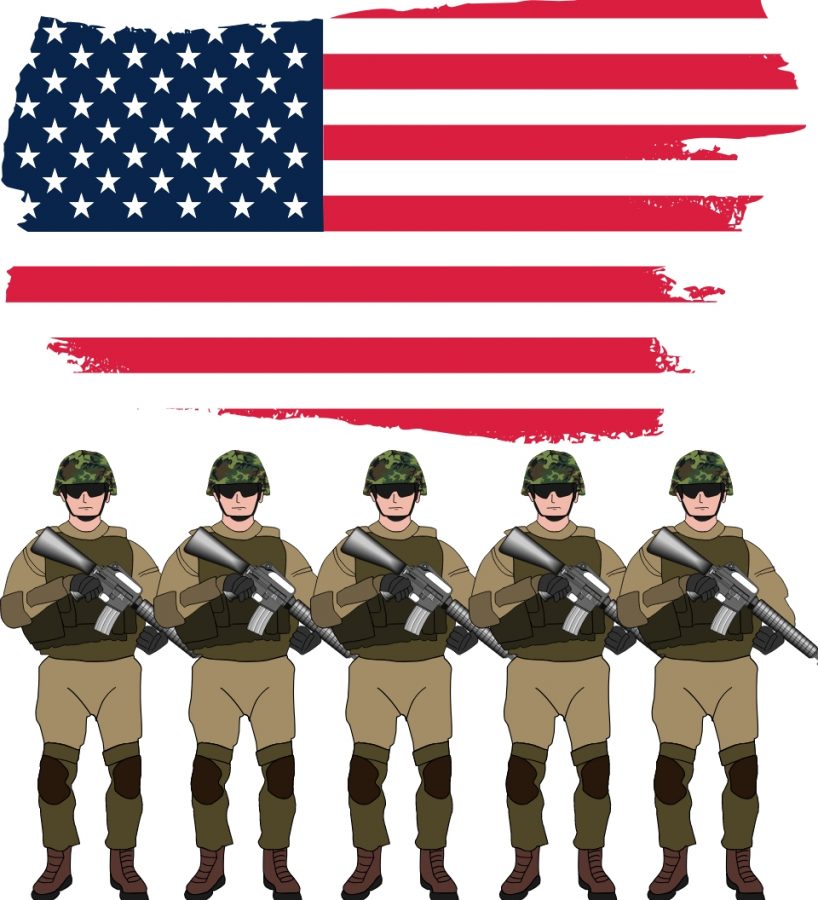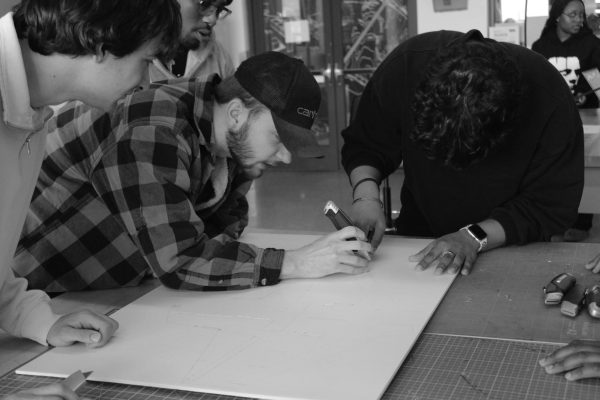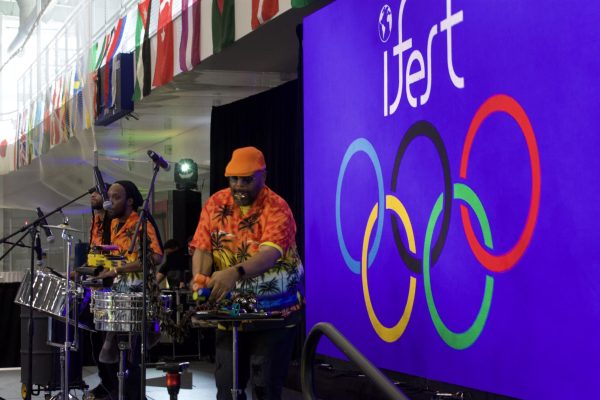Reserve Officer Training Corps Provides Leadership Experience
Army ROTC captain, Christopher Torres, stood behind his desk in uniform and pointed down at the large monthly office calendar atop his desk. He said that ROTC was holding an event where members of the program would read to elementary school children.
“We do stuff like that all of the time,” he said.
To members of ROTC, community service is only one part of the leadership training that they are exposed to. According to Nelson VanDenburgh, a senior communication major with a concentration in public relations, and the public affairs officer for the university’s ROTC program, the goal of the Reserve Officer Training Corps (ROTC) is to “prepare college students to go into the military as officers.”
“ROTC is just a great way to gain some great leadership opportunities and abilities,” said VanDenburgh. “I’ve learned so much through ROTC about myself that I wouldn’t have known otherwise.”
ROTC leadership training comes in the form of military science classes, labs, and even formal and informal counseling by advisors. After taking the military science classes and progressing in their college careers, senior ROTC students begin taking over and planning all of the training and events for the program.
“A lot of the military science is also tied directly with leadership,” said Torres. “We’ll cover basics like different leadership attributes, what the army says is important, how they evaluate you as a leader. But there are also some things specific to the labs that we do on Fridays which is tactically focused. They’re kind of woven together.”
ROTC students aren’t only focused on learning in the classroom, but also on training physically outside of the classroom.
“We usually do at least three days of PT a week. PT is physical training, so we’re working out from 5:30-6 a.m. to 7 a.m. every Monday, Wednesday, Friday,” said VanDenburgh. “Then we also do combat oriented PT on Thursdays too, so we alternate with that.”
Despite all of the class and physical stress, VanDenburgh said that the most stressful part about ROTC was “balancing college life with military life.”
But according to Torres, all of the work is worth it in the end when and if members of the ROTC program qualify for a scholarship. Those who end up with a scholarship from the program end up signing a contract, committing themselves to some form of service in the armed forces upon graduating from school.

Everett Bishop is a senior at the University of New Haven and is student life editor for The Charger Bulletin. He is double majoring in communications...







